Profanity: Accepted or Just Ignored?

Sophomore Rachel Ader gets pumped to discuss profanity in the high school.
April 4, 2017
The first day of high school was a culture shock for me. In my heart, I was still a bright-eyed middle school student, who saw the upperclassmen as people I would eventually be like one day. To me, high school was the last part in the molding process until I would be ready to become an adult. On that first day, the kids that attended Hingham High were, in my mind, the kids to look up to because they had everything figured out. My admiration never wavered, but, with the crude language that was constantly tossed around so flippantly, I had to change my stance on what was acceptable for adults in today’s society.
As an impressionable freshman, my first thought was to why there was a massive gap in the amount of profanity in the middle school in comparison to the high school. In middle school, a slipped swear word could (depending on your grade) silence the entire cafeteria. However, in the high school, one simply has to enter the doors to overhear an astounding amount of crass language. A linguistics expert by the name of Deborah Tannen found the answer to this question. Tannen believes that “people need special words to convey emotion, which is, by nature, ineffable”(NYCtimes).
Students at HHS and other high schools often choose to develop this verbal crutch of swearing to deal with the amount of pressure they face with school, and after that, it just becomes habit to use it in daily life. Sophomore Rachel Ader feels that “swearing in school can be necessary because it adds a certain importance and depth to what the students are saying”. When faced with constant exams and a never ending pile of homework, expressing stress to a fellow student is usually done through multiple forms of crude words. This tends to be because using these words, deemed “bad” by previous generations, helps students legitimize the stress they’re feeling to others. Adults tend to get sick of hearing complaints about schools, so when students spot their friends in school their first reaction is to detox their pent up frustrations with these crutch words. According to a leading scholar on cursing in the United States, Timothy Jay, “Teens are more likely to drop casual expletives, or “fillers,” than the generation before them and have more trouble adjusting their conversation to fit their audience”(DesertNews). When the audience is made up of their own peers “filler” words like curses become so common that high school students are desensitized to them.
There is also the important factor of today’s culture. Words that have often been considered bad in the past are now plastered everywhere- from music and movies to the streets of crowded cities- it’s become an inescapable part of current day vocabulary. As Rachel Ader puts it, “High schoolers are exposed to these words in basically anything that interests them. They’re just words so what could be so bad about them”.
Due to an excessive use of them, curse words have lost their real meaning. Jay, “ estimates that the average adolescent uses roughly 80 to 90 swear words a day”(DesertNews). That is a huge chunk out of daily conversations spent on these filler words. It just goes to show that the nature of what people see as “normal” conversation is adjusting dramatically to fit the time period. There are a few curse words that have remained untouchable however.
Freshman Emily Goldstein points out that “ while curse words may not hold the same value that they used to there is still a line to draw in what is alright to say”. The use of swear words in an average conversation with a friend may be perfectly acceptable, but, when the words are turned against somebody else, they suddenly regain their original meaning. That is why it is important to distinguish the right situation for the use of these words.
Although today’s world is seemingly embracing this new addition to the English language, it is necessary for one to keep a close eye on exactly what they are saying. Curse words may just seem as two-dimensional as the paper that they are written on, but people often forget that words are just as powerful as the person that uses them.





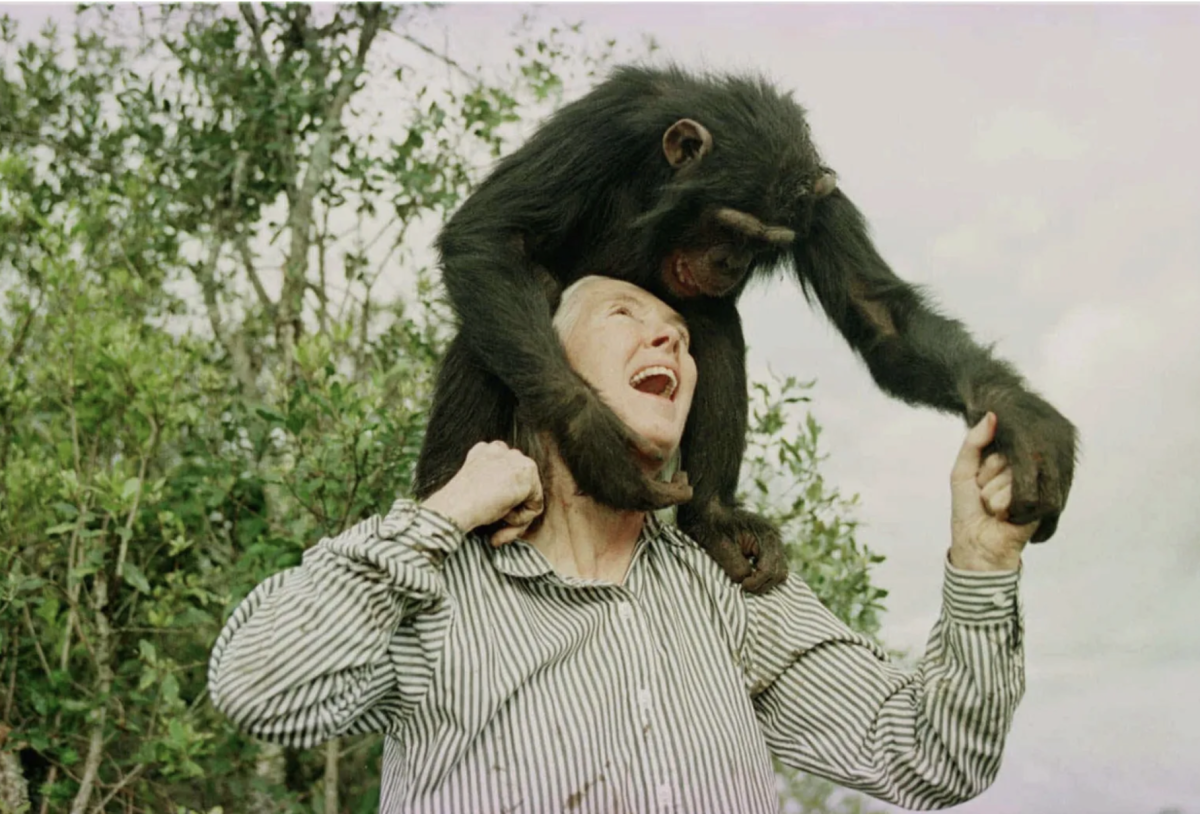

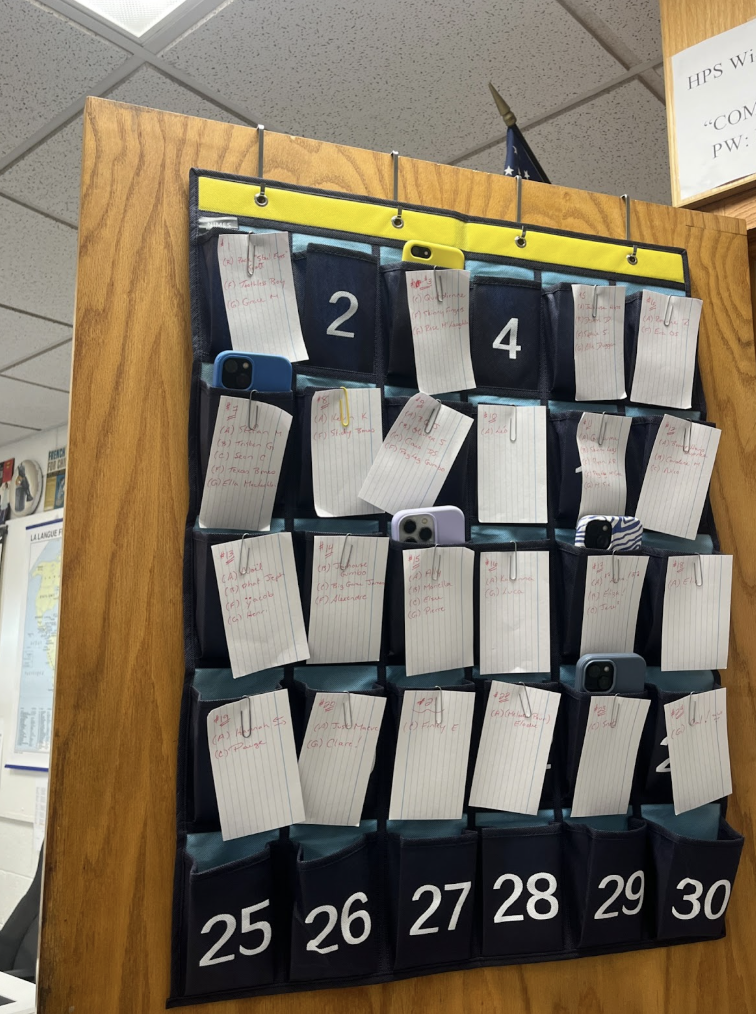
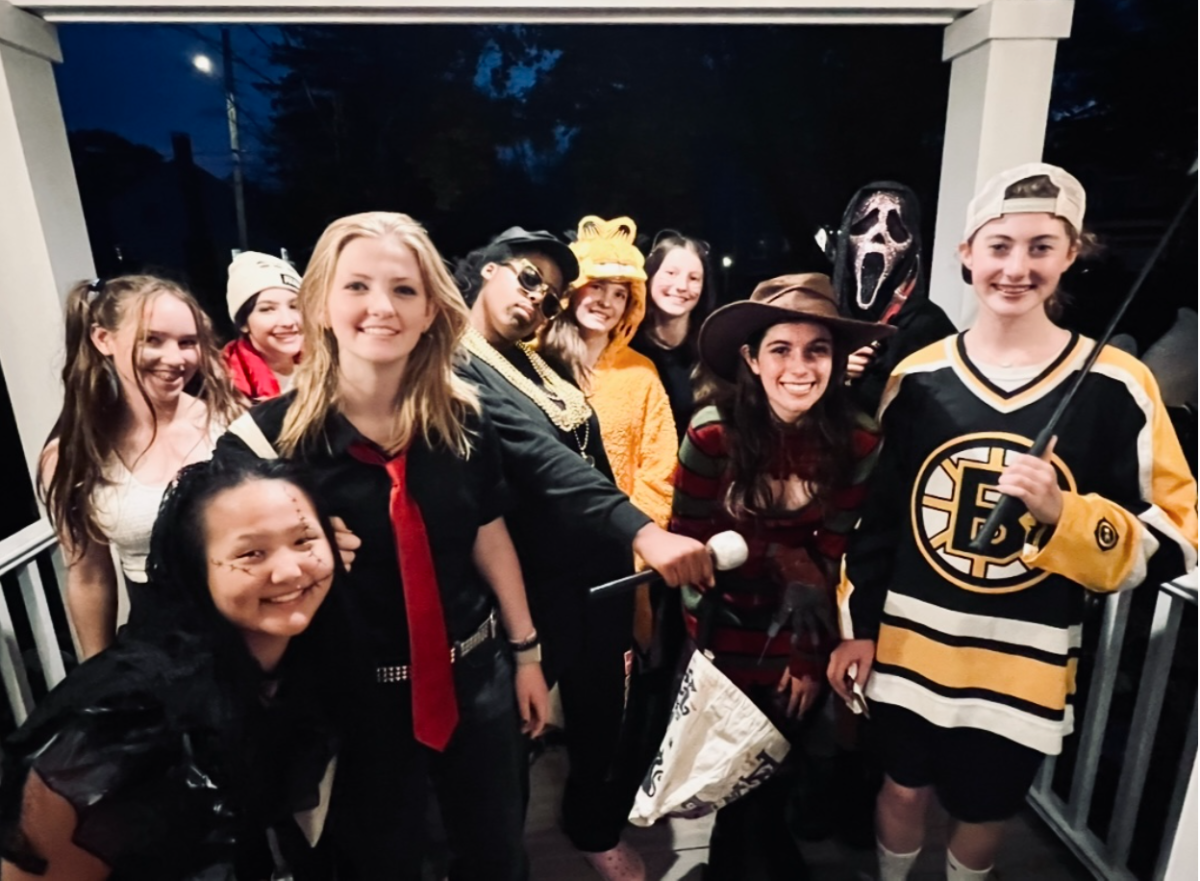



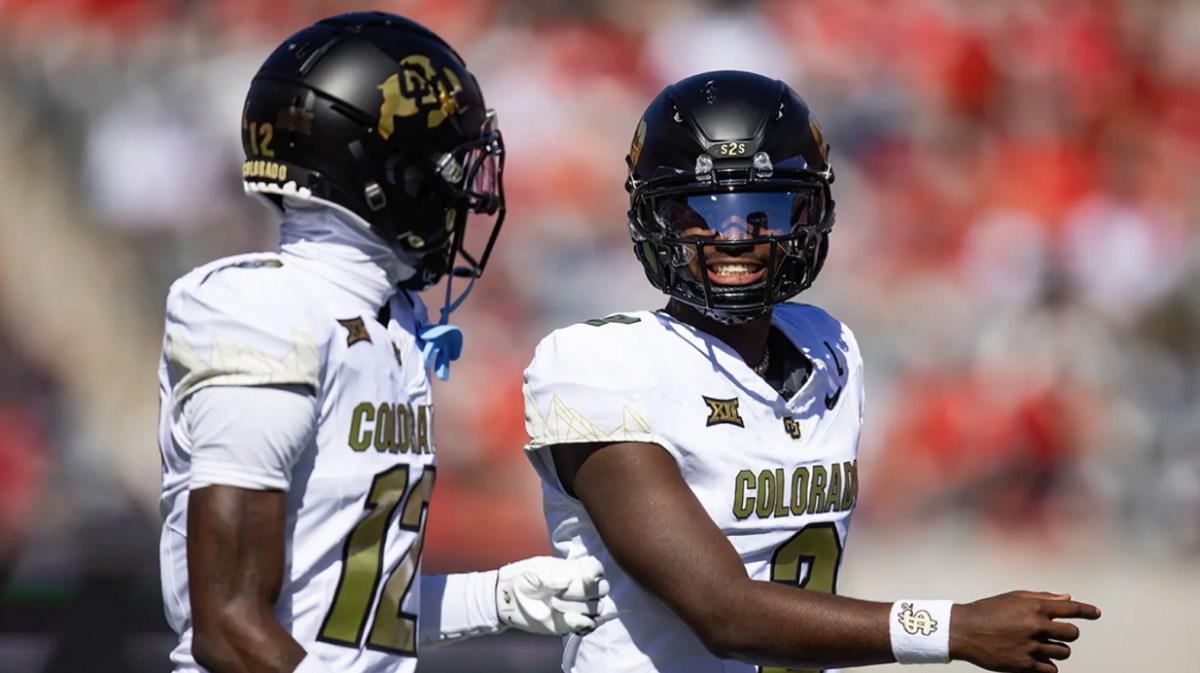
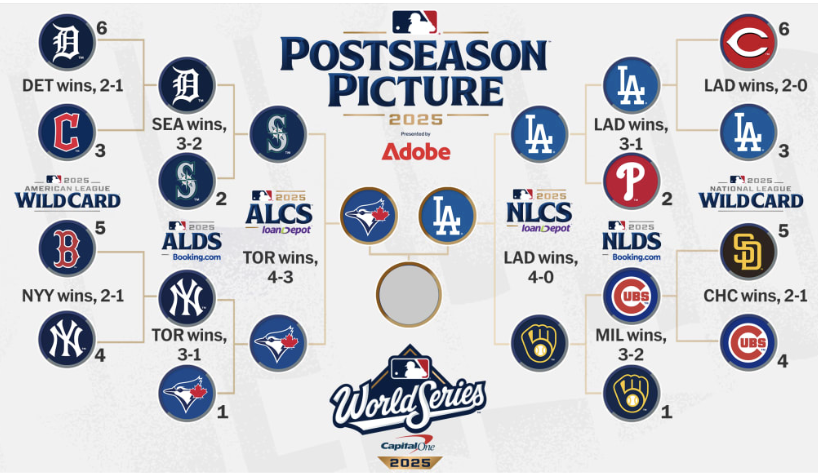


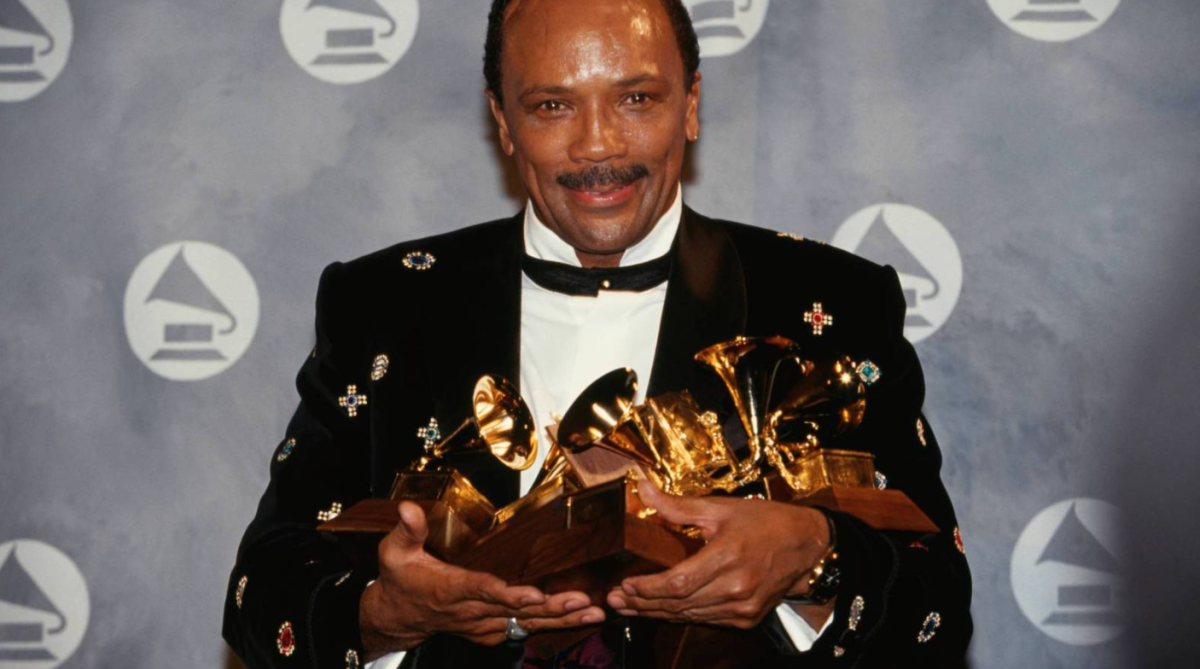


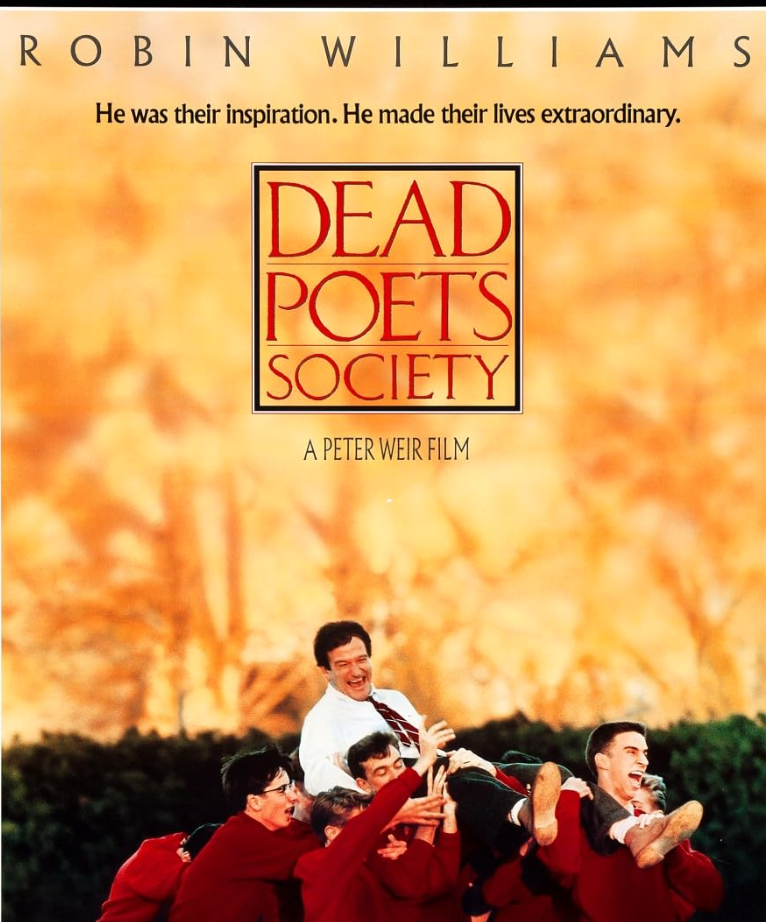


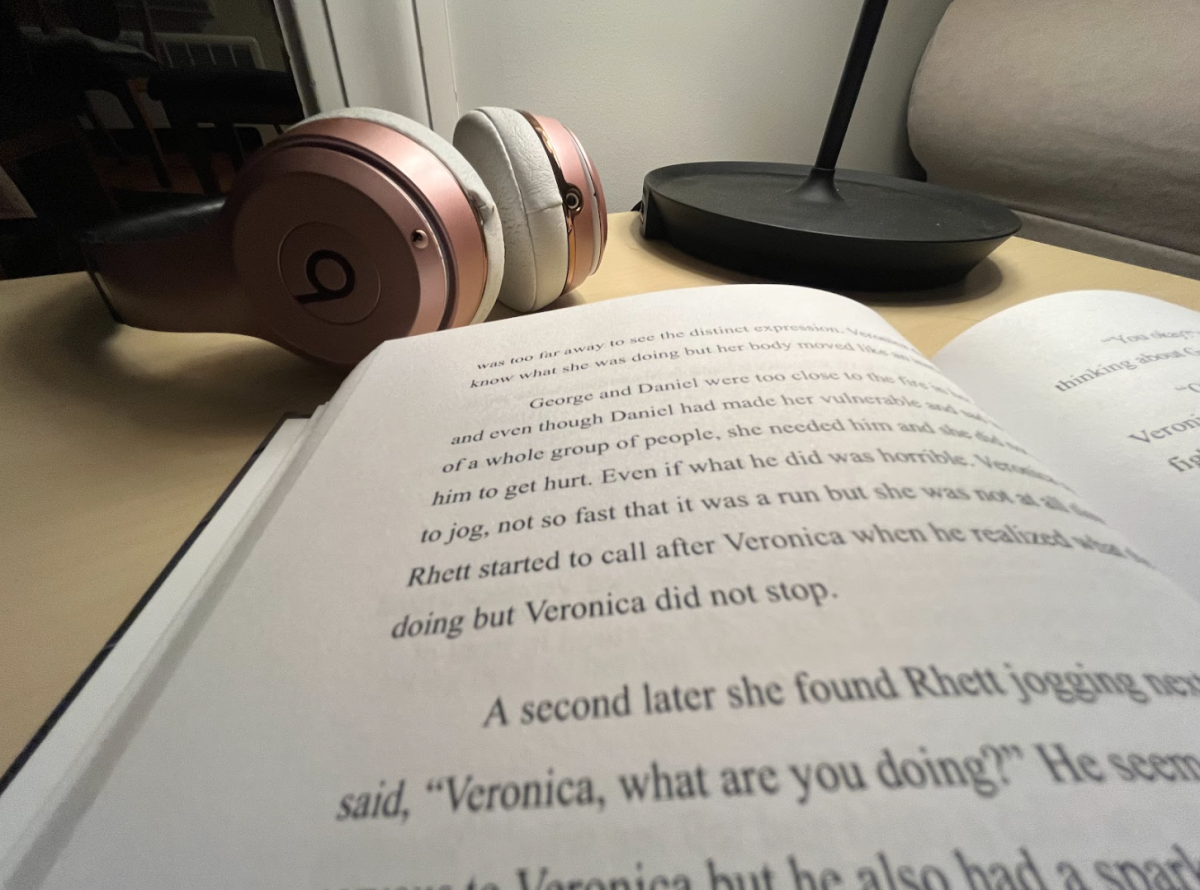

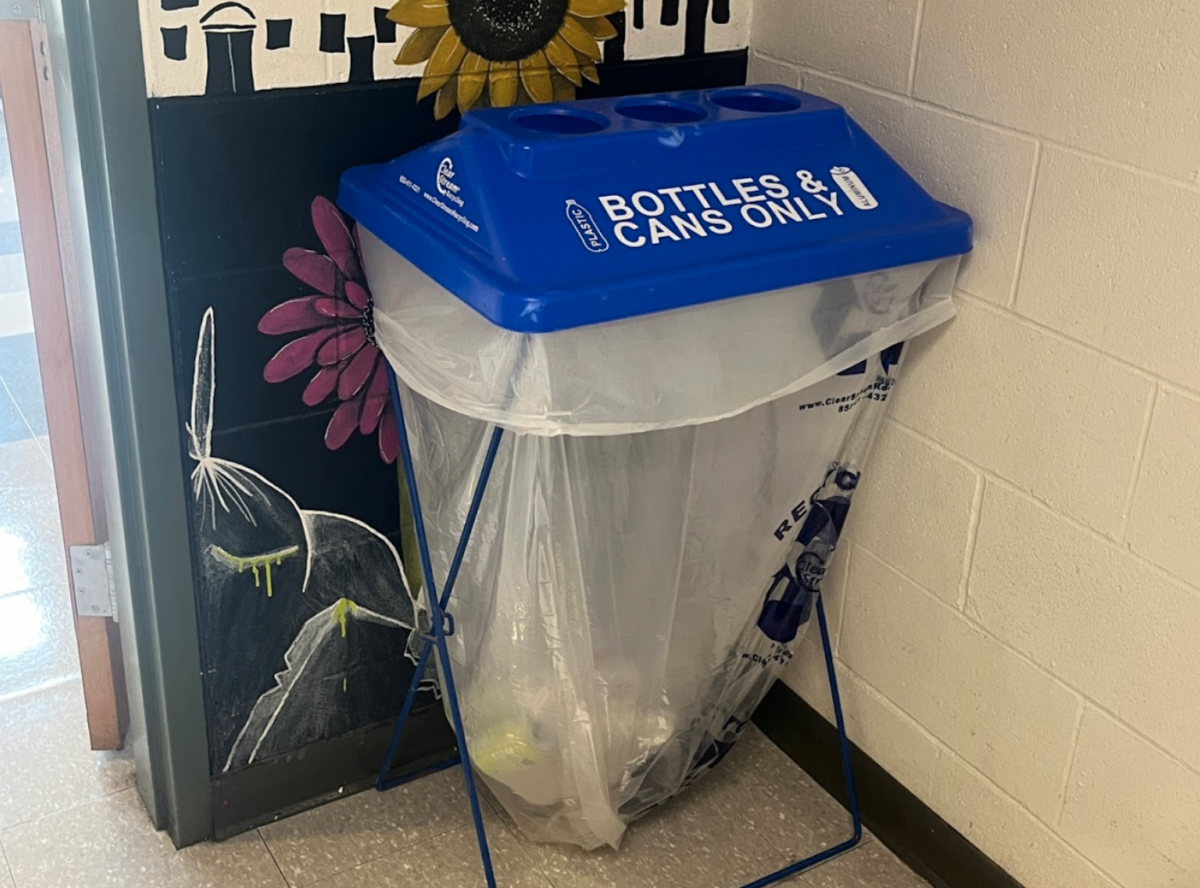









Kathleen Kerr • May 22, 2017 at 8:52 am
Well written. I have often wondered about this myself.
Hopefully people will ” think before they speak” after reading your article.
Thank you.